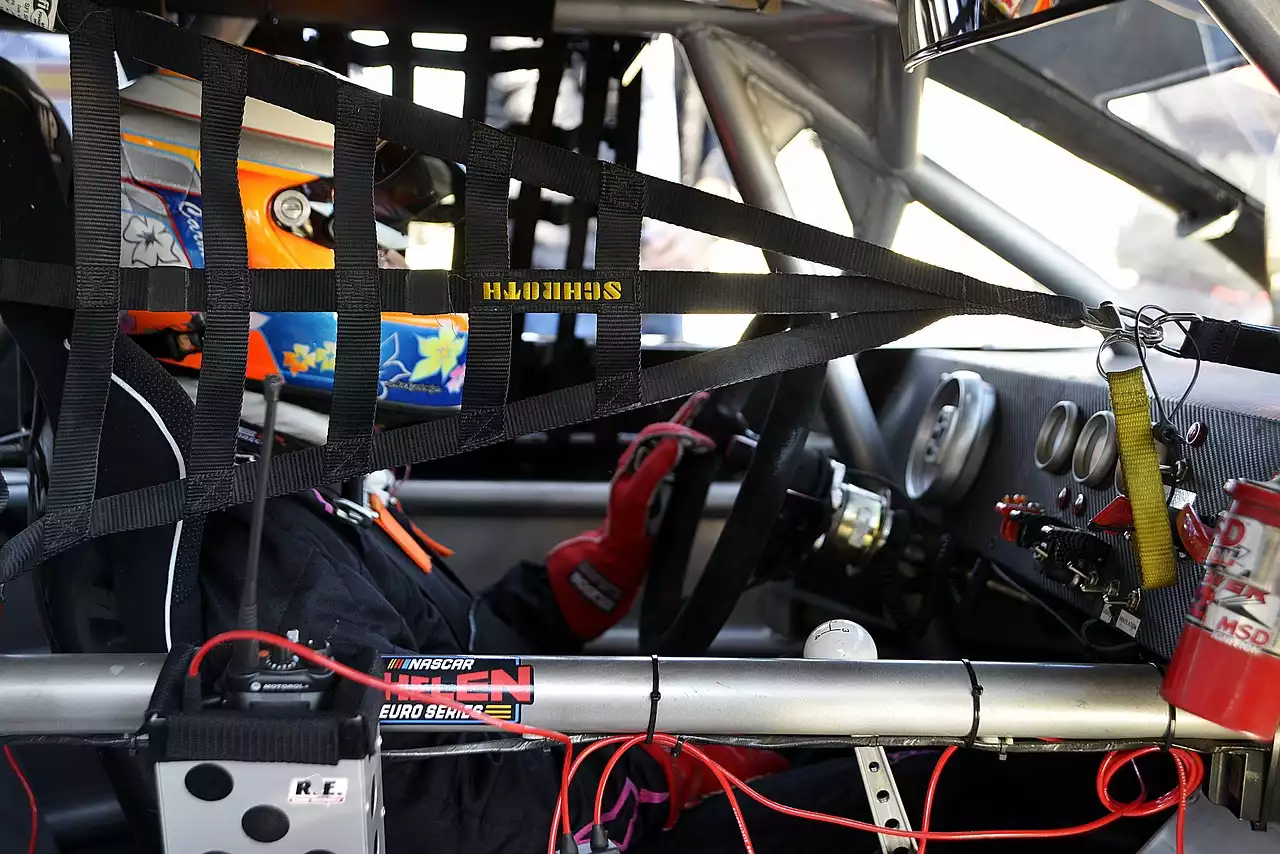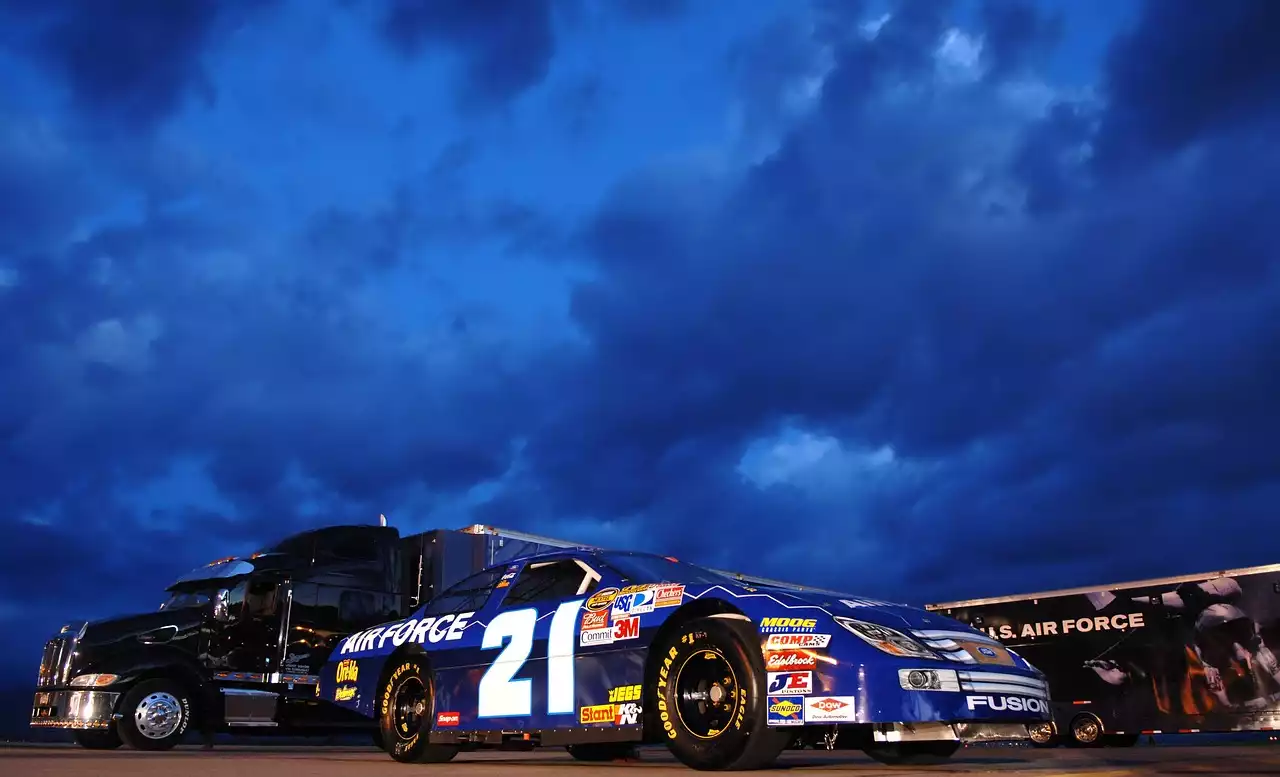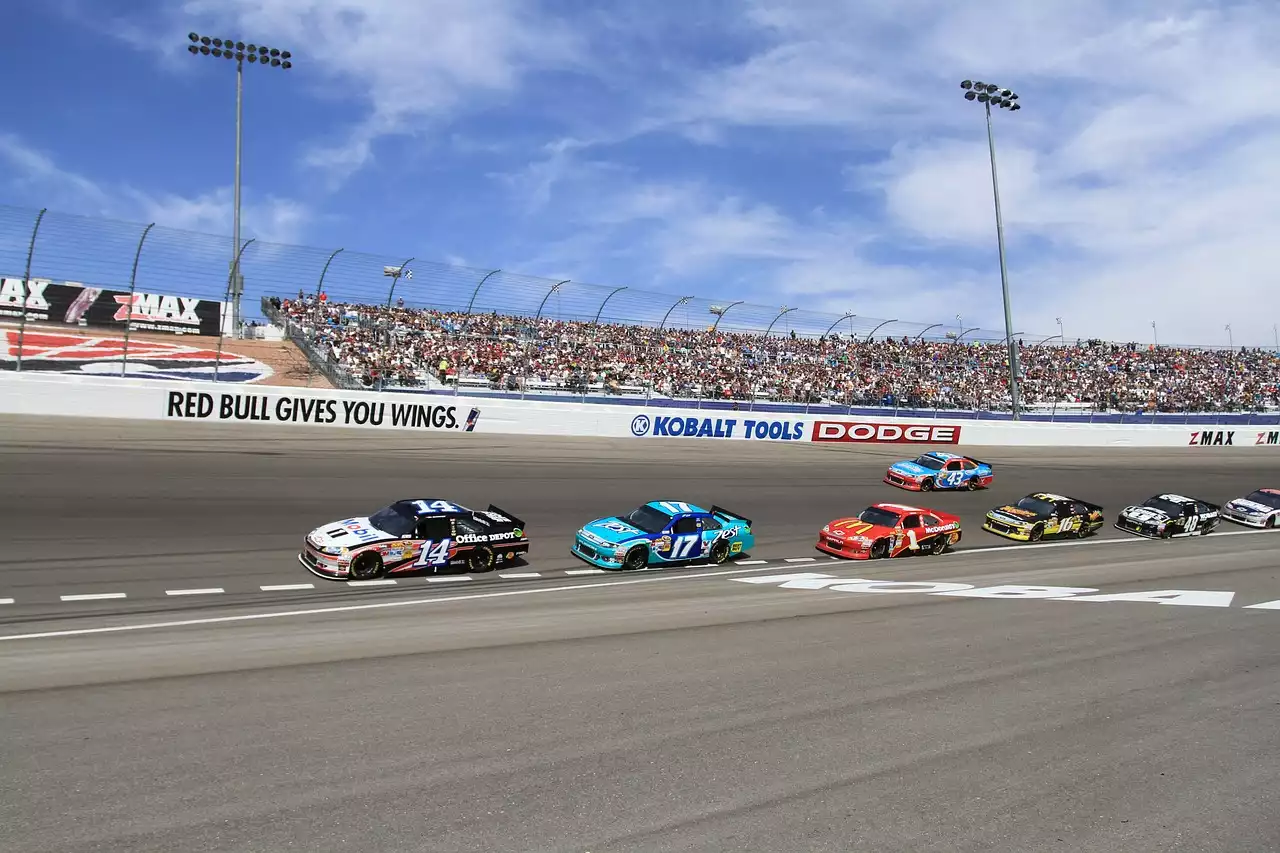History of the NASCAR Truck Series
The NASCAR Truck Series was established in 1995, and it quickly became a popular entry-level league for aspiring NASCAR drivers. The first race was held at Phoenix International Raceway, and Mike Skinner emerged as the first champion of the series. Since then, the series has produced many great drivers and has become an integral part of the NASCAR racing calendar.
The series was created to provide a platform for aspiring drivers who couldn't afford to compete in the higher-level NASCAR leagues. It was also designed to provide an exciting and affordable racing experience for fans. The NASCAR Truck Series has become a breeding ground for talent, and many drivers have used it as a stepping stone to advance their careers in NASCAR.
The NASCAR Truck Series has undergone several changes over the years. In 2009, the series was renamed to the NASCAR Camping World Truck Series, and in 2019, it was renamed again to the NASCAR Gander RV & Outdoors Truck Series. Despite the name changes, the series has remained a popular and exciting entry-level league for NASCAR drivers.
Key differences between the NASCAR Truck Series and other NASCAR leagues
The NASCAR Truck Series differs from other NASCAR leagues in several ways. Firstly, the trucks used in the series are different from the cars used in other NASCAR leagues. The trucks are built on a modified version of the Chevrolet, Ford, or Toyota production chassis and are powered by V8 engines. The trucks are also heavier than the cars used in other NASCAR leagues, which makes for a different racing experience.
Another key difference is the length of the races. The NASCAR Truck Series races are shorter than those in other NASCAR leagues, with most races lasting between 100 and 200 miles. This makes for more exciting and fast-paced racing, as drivers have to push harder and take more risks to win.
The NASCAR Truck Series also has a unique format for determining the series champion. Unlike other NASCAR leagues, which use a playoff-style format to determine the champion, the NASCAR Truck Series uses a traditional points system. This means that consistency over the course of the season is more important than winning individual races.
Famous drivers who started in the NASCAR Truck Series
Many famous NASCAR drivers started their careers in the NASCAR Truck Series. One of the most notable is Kurt Busch, who won the championship in 2000. Busch went on to win the NASCAR Cup Series championship in 2004 and has had a successful career in NASCAR.
Other famous drivers who started in the NASCAR Truck Series include Carl Edwards, Greg Biffle, and Kyle Busch. Kyle Busch is particularly notable, as he has won over 50 races in the NASCAR Truck Series and is widely regarded as one of the best drivers in the series' history.
The NASCAR Truck Series has also provided opportunities for female drivers to make their mark in NASCAR. Danica Patrick, who became a household name in NASCAR, made her NASCAR debut in the NASCAR Truck Series in 2010. Other female drivers who have competed in the series include Jennifer Jo Cobb and Natalie Decker.
The current format and schedule of the NASCAR Truck Series
The current format of the NASCAR Truck Series consists of 23 races, starting in February and ending in November. The races take place on a variety of tracks, including short tracks, superspeedways, and road courses. The most prestigious race in the series is the Eldora Dirt Derby, which takes place on a dirt track.
The NASCAR Truck Series has a unique qualifying format, which involves a single truck making a timed lap around the track. The truck with the fastest lap time earns the pole position for the race. This format adds an extra element of excitement to the qualifying process, as drivers have to push their trucks to the limit to secure the best starting position.
The races themselves are fast-paced and exciting, with drivers pushing their trucks to the limit to gain an advantage. The shorter race lengths mean that there is little room for error, and one mistake can cost a driver the race.
The future of the NASCAR Truck Series
The NASCAR Truck Series has a bright future ahead of it. The series continues to attract talented drivers from around the world, and the unique racing experience it offers is sure to keep fans coming back for more.
One of the biggest changes coming to the NASCAR Truck Series is the introduction of the Next Gen truck, which is set to debut in 2022. The Next Gen truck is designed to improve safety, reduce costs, and enhance the racing experience for both drivers and fans.
The NASCAR Truck Series is also expanding its reach, with races scheduled to take place in Canada and Mexico in the coming years. This expansion is expected to attract new fans to the series and showcase the unique racing experience it offers to a global audience.
How to watch the NASCAR Truck Series
The NASCAR Truck Series is broadcast on a variety of networks, including Fox, FS1, and NBCSN. Fans can also stream the races online through services like NASCAR.com and NBC Sports Live. Many races are also available on the NASCAR YouTube channel.
Attending a NASCAR Truck Series race in person is also an exciting experience. The series races at a variety of tracks, including some of the most iconic tracks in NASCAR, like Daytona International Speedway and Martinsville Speedway.
The impact of the NASCAR Truck Series on the sport of NASCAR
The NASCAR Truck Series has had a significant impact on the sport of NASCAR. It has provided a platform for aspiring drivers to showcase their skills and has produced many of the sport's biggest stars. The unique racing format of the series has also attracted new fans to NASCAR and has helped to keep the sport fresh and exciting.
The NASCAR Truck Series has also had a positive impact on local economies. The races bring in large crowds of fans, who spend money on hotels, restaurants, and other local businesses. The series has become an integral part of many communities, and its impact is felt far beyond the racetrack.
Controversies and challenges facing the NASCAR Truck Series
Like any sport, the NASCAR Truck Series has faced its fair share of controversies and challenges. One of the biggest challenges facing the series is the cost of competing. Many drivers struggle to find the funding needed to compete in the series, which can limit the number of drivers who can participate.
Another challenge facing the NASCAR Truck Series is safety. The high speeds and close racing of the series can lead to dangerous accidents, and several drivers have been injured or killed in NASCAR Truck Series races over the years. The introduction of the Next Gen truck is expected to improve safety, but it remains to be seen how effective these changes will be.
The NASCAR Truck Series as a breeding ground for talent
The NASCAR Truck Series has become a breeding ground for talent, and many drivers have used it as a stepping stone to advance their careers in NASCAR. The unique racing format of the series provides an opportunity for drivers to showcase their skills and gain experience racing at the highest level.
The NASCAR Truck Series has also become a popular destination for international drivers looking to break into NASCAR. Drivers from Canada, Mexico, and Europe have all competed in the series, bringing a new level of talent and diversity to NASCAR.









